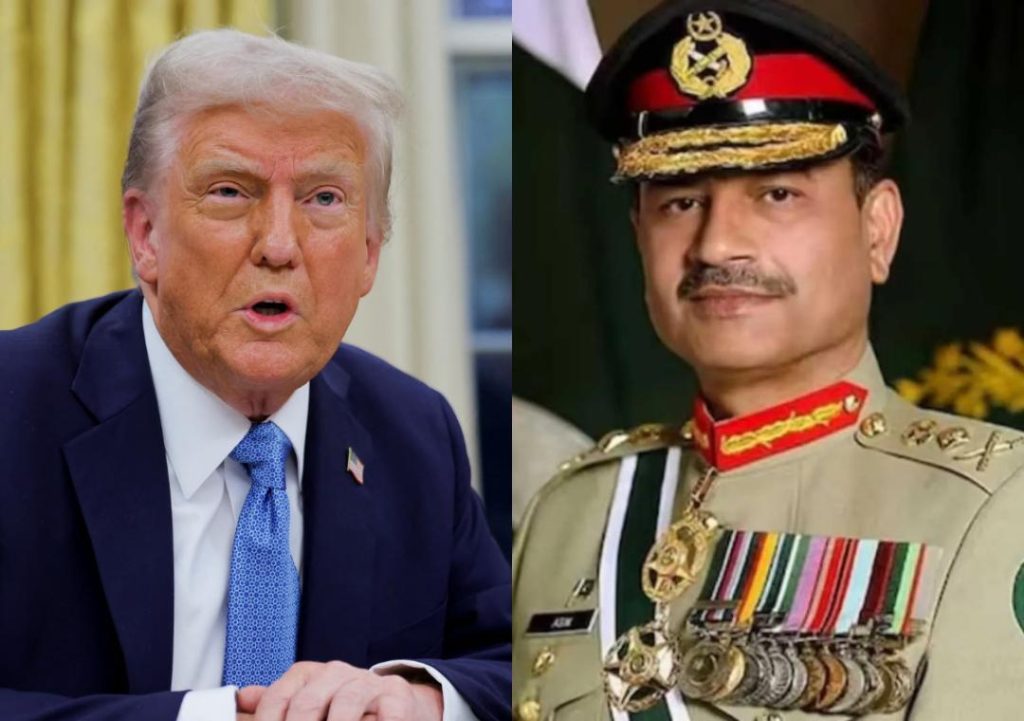
Pak crypto deal with links to Trump, Asim Munir under scrutiny in India & US: Report
In a shocking turn of events, a recent deal between Pakistan’s newly formed Crypto Council and US-based World Liberty Financial (WLF) has come under intense scrutiny in both India and the United States. The controversy surrounding the deal has raised several eyebrows, particularly due to the involvement of US President Donald Trump’s family members and Pakistan’s Army Chief Asim Munir.
For those unaware, the Crypto Council was established in Pakistan just a month ago with the aim of promoting the country’s cryptocurrency industry. The council has been actively engaging with international companies to attract investments and develop the sector.
The deal in question involves WLF, a US-based cryptocurrency firm, which has partnered with the Crypto Council to invest in Pakistan’s digital currency market. The agreement has sparked widespread concern in both countries, with many questioning the nature and implications of the deal.
The primary point of contention is the ownership structure of WLF. As per reports, US President Donald Trump’s sons Eric and Trump Junior, along with his son-in-law Jared Kushner, collectively own 60% of the company. This has raised concerns about potential conflicts of interest and the involvement of the Trump family in a deal that may have significant implications for Pakistan’s economy.
Moreover, the report highlights that Pakistan Army Chief Asim Munir personally welcomed US officials who had come to sign the deal. This development has further fueled concerns about the potential influence of the military on the country’s economic policies.
The deal has also raised questions about the transparency and accountability of the Pakistani government, particularly in the wake of the country’s struggle to combat corruption and money laundering.
India, which has been grappling with its own cryptocurrency regulations, has taken note of the development and is closely monitoring the situation. Indian authorities have been criticized for their slow pace in introducing a comprehensive regulatory framework for the cryptocurrency industry, and the Pakistan deal has added to the calls for greater transparency and accountability.
In the US, the deal has sparked concerns about potential money laundering and terrorist financing risks. WLF, which has been accused of facilitating illegal transactions in the past, has been under scrutiny by US regulatory bodies.
As the controversy surrounding the deal continues to unfold, it remains to be seen how Pakistan’s government will respond to the criticisms. The country has been working to revamp its economy and attract foreign investments, but the involvement of the Trump family and Pakistan’s military chief has raised questions about the integrity of the deal.
In conclusion, the deal between Pakistan’s Crypto Council and World Liberty Financial has exposed the country’s vulnerabilities to international influence and corruption. As the world continues to grapple with the complexities of cryptocurrency and its potential implications, it is essential that governments and regulatory bodies prioritize transparency and accountability to ensure the integrity of these transactions.






